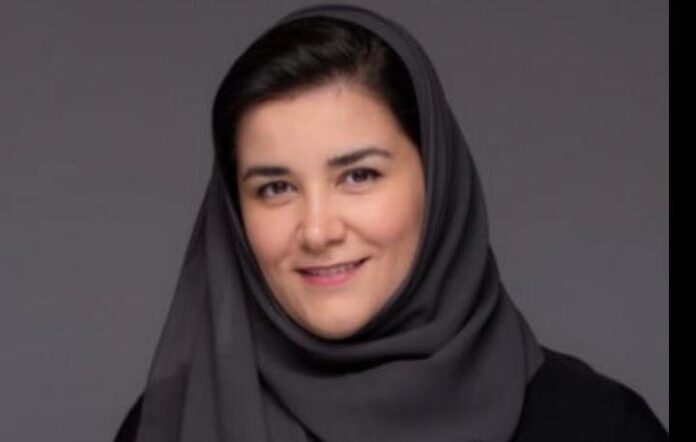RIYADH: The Ministry of Culture is taking the lead in making Saudi Arabia an exporter of architectural and design services as part of the Kingdom’s diversification strategy to grow creative industries, said a senior ministry official.
According to Sumayah Al-Solaiman, CEO of the Architecture and Design Commission at the Ministry of Culture, the commission is working toward uplifting the architectural and design services sector across the entire value chain.
“Rather than importing architecture and design services, we can actually get to a point where we export some of the services based on our strong record,” Al-Solaiman told Arab News in an exclusive interview.
As part of its national strategy to preserve and maintain rich Saudi architectural heritage, the commission is empowering new and acclaimed architects and designers through educational opportunities and apprenticeship channels.
“In recent years, Saudi architecture graduates have left the sector and entered adjoining fields. We want to bring them back and utilize their talent and training,” said Al-Solaiman.
In a bid to promote the distinct Saudi architectural flavor, the commission launched King Salman Charter for Architecture and Urbanism.
Founded in December 2021, the charter draws its inspiration from an ambitious creative experience and seeks to capture the essence of Salmani Architecture, an architectural style that is modern and futuristic, yet embodies the authentic local architectural heritage.
The charter focuses on capturing the lessons learned from King Salman’s reign as the governor of Riyadh and ensuring that it is reflected in the identity of the capital city.
It aims to create memorable buildings and spaces, bringing them to life through a set of guidelines that encourage the integration of cultural and national identity into contemporary designs while meeting the needs of local communities.
“It’s very human-centric and driven by communities. It’s very forward-looking in innovation and quite sustainable because it ensures that we do not just use fewer resources, but enhance existing ones,” Al-Solaiman explained.
Al-Solaiman said 22 of the 33 initiatives the commission set will be completed by the beginning of 2023.
The Architecture and Design Commission was established in February 2020 as one of 11 commissions under the Ministry of Culture to regulate the sector, including encouraging practitioners, organizing seminars and stimulating creative thinking in the sector.
“This relates to the development of talent. It relates to regulations and making sure that we have the best regulatory environment for architecture and design to thrive,” she said.
Al-Solaiman is also keen on localizing a lot of jobs in the architecture and design sector. She wants to make the sector more attractive for Saudis so that their participation could improve employability and keep the wheels of the economy turning.
“This means looking into minimum wages and many things related to work policies,” Al-Solaiman said.
In fact, the commission’s initiatives have begun paying dividends. Firms working with the Saudi giga-projects are seeking local talent that possesses the cultural and local knowledge required for these projects to succeed.
There is also an avid interest in sustainable development, which also happens to be one of the commission’s strategic objectives. It is currently in the process of launching the Architecture and Design Sustainability Task Force and Summit, which will bring together people to discuss and implement some of the initiatives.
“When we talk about sustainability, it doesn’t become like an add-on or a nice to have, but something that we understand as essential and drive a lot of decision making in the sector itself,” she concluded.
As part of its efforts, the commission ensures that only architects and designers are qualified to practice their profession.

